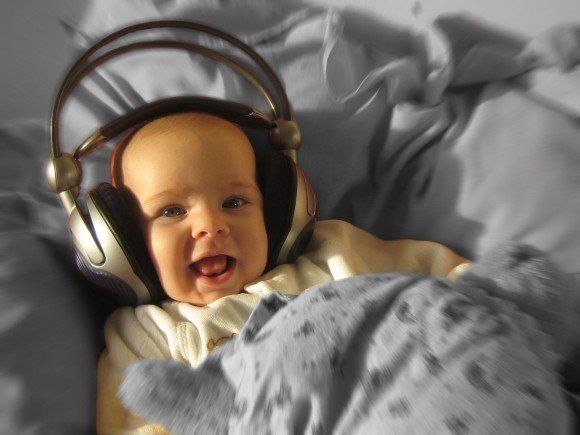Medical expert of the article
New publications
Scientists: music came before language
Last reviewed: 01.07.2025

All iLive content is medically reviewed or fact checked to ensure as much factual accuracy as possible.
We have strict sourcing guidelines and only link to reputable media sites, academic research institutions and, whenever possible, medically peer reviewed studies. Note that the numbers in parentheses ([1], [2], etc.) are clickable links to these studies.
If you feel that any of our content is inaccurate, out-of-date, or otherwise questionable, please select it and press Ctrl + Enter.

Contrary to popular belief that language and music are two cognitively distinct entities, music is at the core of the language faculty, argue theorists from Rice and Maryland Universities.

"Spoken language is a special kind of music," says study co-author Anthony Brandt. "Language is usually thought of as fundamental to human intelligence, and music as derived from or dependent on language. But we have evidence to suggest that music came first, and that language evolved from music. Babies perceive the sounds of language and only later begin to understand their meaning."
Scientists note that the abilities of newborn children in various aspects of speech perception depend on sound discrimination – the most pronounced aspects of speech.
The baby's brain is able to distinguish phonemes and speech delivery features such as timbre and rhythm.
The authors of the study define music as a game with sound. Young children begin to hear sounds, they do not focus on the meaning of speech as adults do. For them, speech is a repetitive vocal performance. They listen to the timbre of the voice, phonemic and rhythmic patterns, and understanding the meaning of the spoken words comes later.
Language and music develop in parallel. Initially, babies have a poor understanding of not only their native language, but also all other languages of the world. The perception of the native language comes with time. This also applies to music: children do not distinguish musical genres and do not understand the cultural features of musical works, during the first year of life they gradually begin to comprehend the musical culture of the country where they live.
According to experts, if you want to teach your child a foreign language, you can start by listening to musical compositions from that country.
Scientists draw a parallel: the recognition of sounds of different consonants occurs in the temporal lobe of the brain, and the timbres of different instruments are recognized in the same way.
"You wouldn't be able to tell the difference between a trumpet and a piano unless your brain processed the sounds you heard, just as you wouldn't be able to recognize the differences in the pronunciation of different syllables and words," says Brandt. "Speech recognition and music recognition overlap."
From a musical point of view, speech is nothing more than a real concert of syllables and phonemes. A baby also perceives adult conversation. This also explains why a person with a language deficit has problems processing musical rhythm.


 [
[